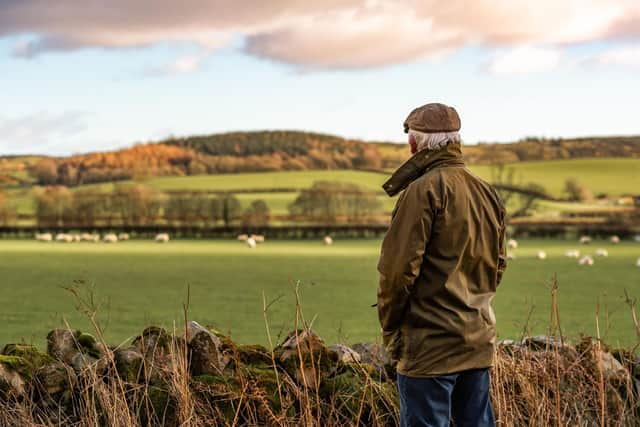How to navigate the busiest season of the farming calendar
and live on Freeview channel 276
Turnout is also a time of year when the helping hand of a neighbour, friend or family member may be required to get all the scheduled work complete in a timely manner.
But here’s the point; anyone who comes onto a farm to engage in any form of activity that is directly linked to the operation of the business, is technically classed as an employee.
Advertisement
Advertisement
This immediately brings into focus the issue of Public versus Employer’s Liability Insurance.


Many farmers may think that Public Liability cover is sufficient in the event of an accident befalling a friend or neighbour who has been involved in farm-related activity on an ad hoc basis, however, this is not the case.
The instant the other person receives an instruction, no matter how trivial, he or she is officially regarded as an “employee” of the business therefore, the employer, (in this case the farmer) should have the appropriate Employer’s Liability insurance. This cover provides financial protection if the business has caused injury or damage to an employee thus helping to safeguard your farming enterprise.
Public liability cover also reflects the scope of an entire farming business, specifically owned and rented/leased premises. There is no need to include all specific locations on a policy document, however, the actual size of the entire working farm must be referenced.
Advertisement
Advertisement
It is important to note the significant health and safety risk to both animals and farm workers during spring turnout.
Animals will be on a state of heightened anticipation as they are loaded on to trailers, subsequently transported and offloaded at a specific grazing area. As a result, the risk of animal injury occurring throughout this entire process is heightened.
A standard livestock insurance policy covers risks/losses associated with fire, lightning and electrocution. Your Farm Combined policy can be enhanced to cover fatal injury losses incurred while animals are in transit.
Prior to turnout, farmers must check the suitability of all fences and hedges to prevent the eventuality of livestock escaping and causing damage to someone’s property or vehicle. Public and Product Liability cover will offer the necessary protection if livestock do cause damage to other parties, but it is always best to make every effort to minimise loss.
Advertisement
Advertisement
This is an issue that typically arises in the direct aftermath of animals being released into a field after a five or six month winter housing period.
As all farmers know too well, stock will be very keen to explore their new surroundings and ‘test’ the appropriateness of the fencing that they encounter.
At AbbeyAutoline our specialist Farm Team will work with you to help make sense of the specific insurance cover required to help protect against the backdrop of farming businesses operating within a very complex business environment.
For further information or advice on Agricultural Insurance please contact the specialist Farm Team at AbbeyAutoline, 08000 66 55 44 or visit https://www.abbeyautoline.co.uk/farm-insurance.